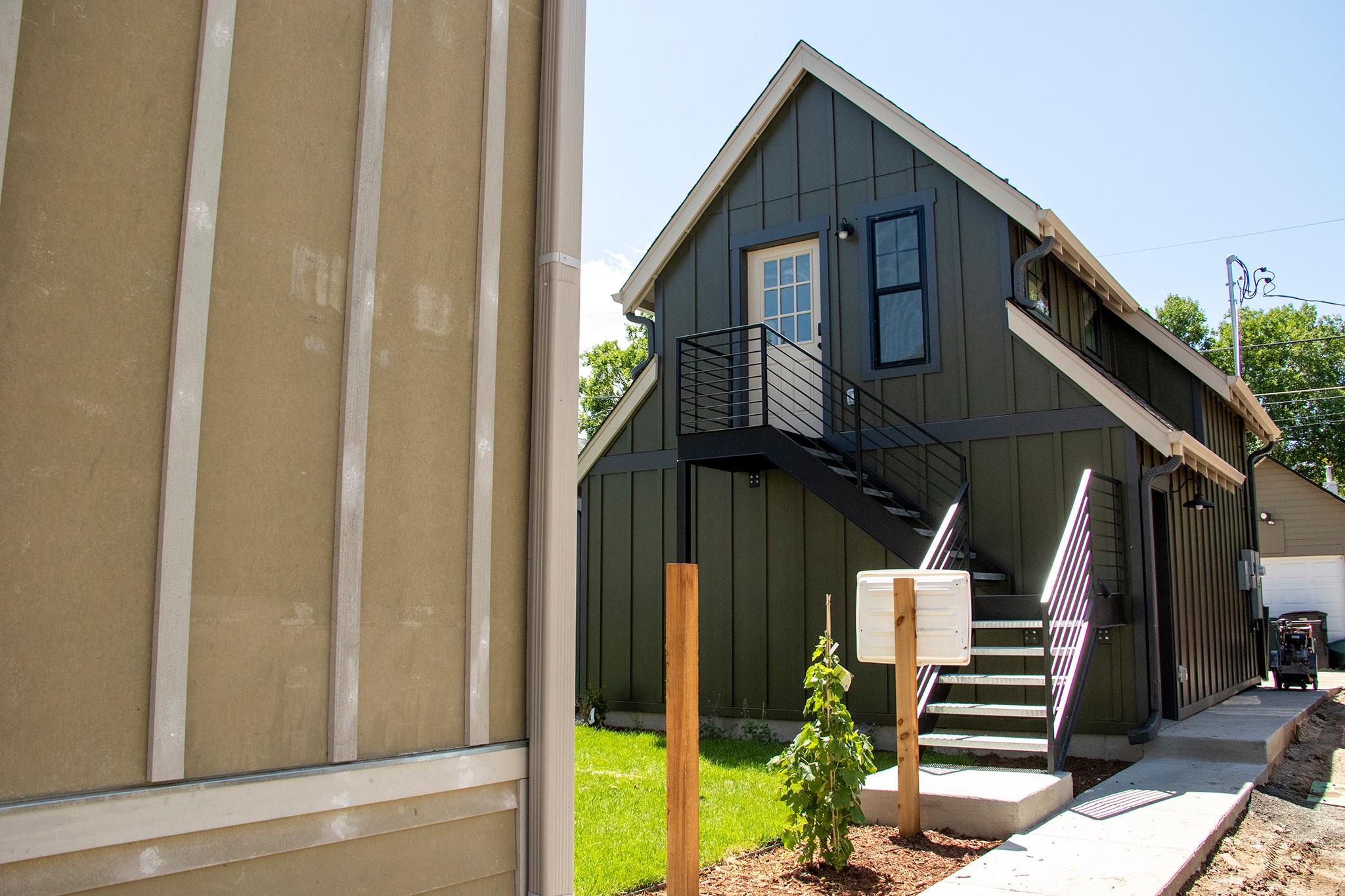Maybe you've heard about them in city council meetings or are considering building one yourself. ADUs, or accessory dwelling units, have become a popular -- and sometimes controversial -- housing option for cities like Denver where space is limited.
Keep reading for the quick and dirty on ADUs.
So, what is it?
An accessory dwelling unit is a small place to live that shares a lot with a traditional home. It could be built over a garage, a basement apartment, or stand alone in a yard. ADUs are also known as granny flats, carriage houses, mother-in-law suites or casitas.
Where are ADUs allowed in Denver?
City zoning regulations allow one ADU per lot in 25 percent of Denver. If you're wondering whether you can have an ADU, find your zone district here, then check here to see what's allowed in that district.
In areas not zoned for ADUs, a homeowner who wants one can ask city council for a rezoning -- after paying a $1,000 filing fee. A proposal by residents of Chaffee Park to rezone the entire neighborhood to allow ADUs cleared a preliminary hurdle when the Planning Board approved it Wednesday. The Chaffee Park proposal will now be considered by council's Land Use, Transportation and Infrastructure Committee. If the full city council approves the idea, it would be Denver's first such neighborhood-wide rezoning.
How much does an ADU cost to build?
Depends. David Schultz, whose L&D Construction has built ADUs almost exclusively for years, said Denver homeowners typically ask builders to build a two-car garage with a one-bedroom ADU above, which can cost from $260,000 to $315,000. Building a freestanding ADU in the yard could bring the cost down to $220,000 or so. Remodeling an existing garage or basement would be less expensive.
If I build it, who could come?
You could use your ADU as extra space to put up guests, as a home for your kids who have returned from college and are just starting their careers, or for an elderly parent who would like to be independent but close by. You could even seek a long-term tenant and earn some income. Denver allows ADUs to be used as short-term rentals by an owner or long-term renter who is living in the primary structure on the property.
What's good about ADUs?
Density. The latest Blueprint Denver, a policy document on how land should be used and transportation planned as the city grows, portrays ADUs as a gentle way to add housing and as a possible "wealth-building tool for low- and moderate-income homeowners."
What's bad about ADUs?
Density. Homeowners who have sought rezonings for ADUs have met opposition from neighbors concerned about having more neighbors.
Have more ADU questions? Send them to [email protected].













